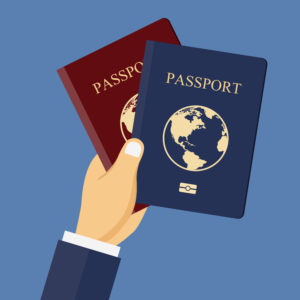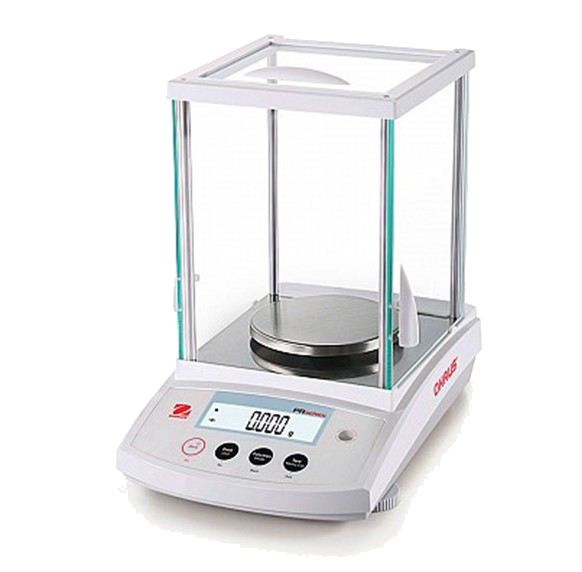The EU has banned Russians from importing personal cars, smartphones and shampoos

 PIONEER MEIZHENG BIO-TECH (5 in1) JC1165 / Rapid tests for the determination of the residual amount of halofuginone, flavomycin, novobiocin, flunixin, dexamethasone / prednisolone in milk, whey
PIONEER MEIZHENG BIO-TECH (5 in1) JC1165 / Rapid tests for the determination of the residual amount of halofuginone, flavomycin, novobiocin, flunixin, dexamethasone / prednisolone in milk, whey PIONEER MEIZHENG BIO-TECH (5 in1) JC0586 - Antibiotic tests 5 in 1 / Rapid tests for determining the residual amount of β-lactams, tetracyclines and cephalexin in milk, whey
PIONEER MEIZHENG BIO-TECH (5 in1) JC0586 - Antibiotic tests 5 in 1 / Rapid tests for determining the residual amount of β-lactams, tetracyclines and cephalexin in milk, whey
The European Commission confirmed the interpretation of the sanctions legislation in relation to Russia, according to which entry into the EU countries in passenger cars registered in Russia is regarded as prohibited import .
“It does not matter whether the vehicle is used for private or commercial purposes, as long as it falls under the customs codes listed in Annex XXI (including code 8703) and originates in or is exported from Russia,” the European Commission says in the new clarifications. Customs code 8703 covers passenger cars and other vehicles designed to carry less than ten people. Most likely, those “exported” from Russia include cars with Russian license plates and registered in Russia, the European Commission adds.
Last summer, some Russians who came to Germany in their cars encountered their cars being seized by customs. In early July, as RBC wrote, German customs confirmed that the import of passenger cars from Russia is prohibited in accordance with Art. 3i of Regulation 833/2014, which defines the embargo against Russia, and that any movement of goods, even for personal, non-commercial purposes, falls under this.
This interpretation raised questions among lawyers, since Art. 3i prohibits the import or transfer to EU countries of goods listed in Annex XXI, which “produce significant income for Russia” (that is, the sale of goods could be implied). In particular, Russian lawyers called such situations the result of abuse by employees of executive authorities or an incorrect interpretation of German customs legislation regarding the difference between importing and entering the country by personal car. The position of the pan-European regulator was unclear.
On September 4, the Russian Embassy in Germany reported on ongoing isolated cases of German customs officers confiscating from Russians their cars, registered in Russia and temporarily imported for personal use or transit. “Arguments that in this case we are not talking about the import of goods intended for sale, but about private property used for personal purposes and temporarily imported into the territory of Germany legally, are not taken into account,” the embassy indicated.
It does not matter the period for which a car with Russian license plates is imported, and the customs procedure used for this (for example, release for free circulation or temporary import), the European Commission emphasizes.
Read PIONERPRODUKT .by How to quickly calm down before an interview: four techniques “Demand is 4–5 times greater than supply.” What will happen to the IPO market in Russia What does the Simpsons series inspire and how should we live in times of media viruses Employees stay up late: how to get rid of this bad practice Risk for phones, laptops, cosmeticsTo the question: “Can Russian citizens temporarily bring with them personal belongings and vehicles listed in Appendix XXI to Art. 3i, to the European Union, for example for tourism purposes?” — The European Commission answered: “No.” “Article 3i prohibits the acquisition, importation or transfer, directly or indirectly, of goods listed in Annex XXI if they originate in or are exported from Russia. This includes vehicles falling under customs code 8703,” the regulator said.
At least at risk that the customs authorities of EU countries may not allow the personal belongings of Russians (including tourists) through are such items as cosmetics (HS code 3304), suitcases (4202), laptops (8471), mobile phones (8517), which appear in Appendix XXI to Art. 3i, partner of the Brussels law firm Acquis, sanctions specialist Yuri Shumilov told RBC.
In addition to these items, Annex XXI lists leather and fur products, semi-precious and precious stones, toilet paper , shampoos, toothpastes, trailers and semi-trailers for transporting goods, yachts, and cameras. The simplest advice is to exclude the import of these goods into Germany, said BGP Litigation partner Sergei Glandin.
New clarifications from the European Commission are contained in the frequently asked questions section on sanctions against Russia. In general, the European Commission notes that this section is being developed by its services “to provide guidance to national authorities, [economic] operators and EU citizens on the enforcement and interpretation” of relevant sanctions laws in relation to Russia, but ultimately “the EU is empowered to interpret legislation only the European COURT."
Read together with it:
- Serbia's NIS's only refinery will resume operations.The company received a license from the US Treasury to continue operations until January 23. In December, it announced the suspension of operations at its only refinery in the country due to a shortage of crude oil amid US sanctions.Serbian oil refinery NIS has received a license from the US Treasury Department's Office of Foreign Assets Control (OFAC) to continue operations until January 23, said...
- Финские власти раскрыли, что перевозило следовавшее из Петербурга судноЗадержанное в финских водах судно Fitburg перевозило конструкционную сталь «российского происхождения», заявила таможенная служба. Сейчас ведомство проверяет, распространяются ли санкционные нормы на этот конкретный случай На борту грузового судна Fitburg, задержанного финскими властями в канун Нового года, была конструкционная сталь «российского происхождения», сообщает Euractiv со ссылкой на зая...
- Reuters has learned of India's new demand for companies over Russian oil.The origin of oil supplies is usually reflected in companies' monthly reports, but now they are required to report supplies from RUSSIA on a weekly basis.REUTERS believes the new demands are linked to India's plans for a deal with the US. The Indian Oil Ministry's Petroleum Planning and Analysis Cell (PPAC) has begun requesting information from refineries on crude imports from Russia and the Unite...
- От самолетов до лекарств из плазмы крови. Пархомчик об амбициозных проектах Брестской областиПетр Пархомчик Председатель Брестского облисполкома Брестская область, продвигая себя под брендом "#1регион", стремится к лидерству во многих сферах. Производство уникальных лекарств, сборка самолетов и речных судов - лишь некоторые амбициозные проекты, над которыми уже работают брестчане. Председатель Брестского облисполкома Петр Пархомчик в интервью корреспонденту БЕЛТА рассказал о развитии экон...



























































